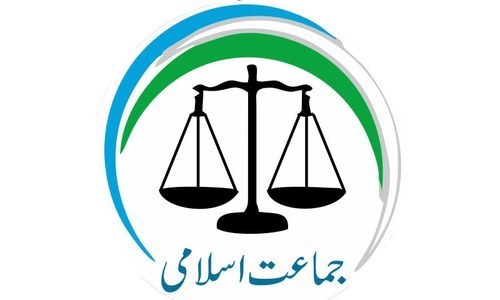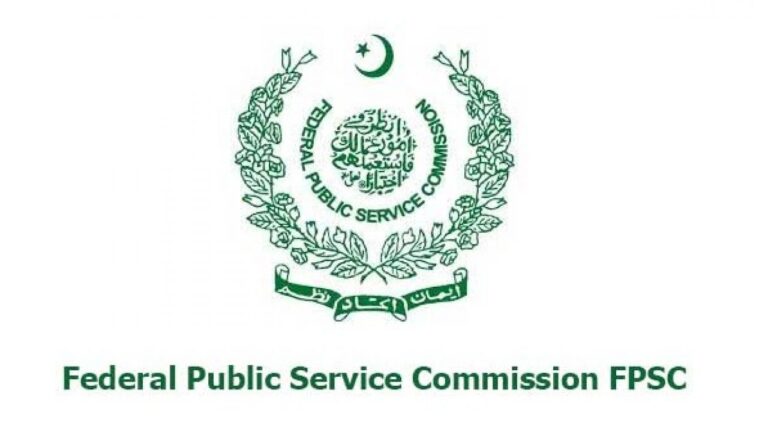𝐆𝐨𝐯𝐞𝐫𝐧𝐦𝐞𝐧𝐭𝐚𝐥 𝐃𝐞𝐩𝐚𝐫𝐭𝐦𝐞𝐧𝐭𝐬 𝐜𝐚𝐧𝐧𝐨𝐭 𝐛𝐞 𝐀𝐜𝐜𝐨𝐫𝐝𝐞𝐝 𝐂𝐨𝐦𝐩𝐚𝐬𝐬𝐢𝐨𝐧𝐚𝐭𝐞 𝐓𝐫𝐞𝐚𝐭𝐦𝐞𝐧𝐭 𝐢𝐧 𝐋𝐢𝐦𝐢𝐭𝐚𝐭𝐢𝐨𝐧: 𝐒𝐂
The Supreme Court devoted an entire judgment to settle the question of compassionate treatment with the governmental/public bodies in limitation. There has been a misconception that governments or public bodies can be accorded compassionate treatment in limitation law and delay in filling cases can be condoned casually on the basis of administrative issues. A recent judgment of the SC expels this misconception. The Court in unequivocal terms held that all litigants are equal before the law and no one can be accorded preferential treatment on the basis of whimsical grounds. Limitation law is equally applicable to all including the governments or its bodies.
The governmental bodies usually take the administrative delay as a ground for condonation of delay where a case is time barred. This has been a constant ground for them and they use to take this ground as a routine matter. The Supreme Court has partially time and again discarded this ground in many judgments but this time the Court wrote a complete judgment to settle this question and held that no matter what, administrative delay on the part of governments or its bodies is no ground for condonation of delay. The condonation of delay application must be supported by solid grounds for delay. Otherwise, governments cannot be accorded compassionate treatment on the basis of administrative delay stating that departments are overloaded with work and the delay is inevitable. The Court held that such an abstract statement is no ground for condonation of delay.
The departments are to show the legal and cogent grounds how the delay occurred as individual or private litigants are required to show.
c.a._101_k_2022



